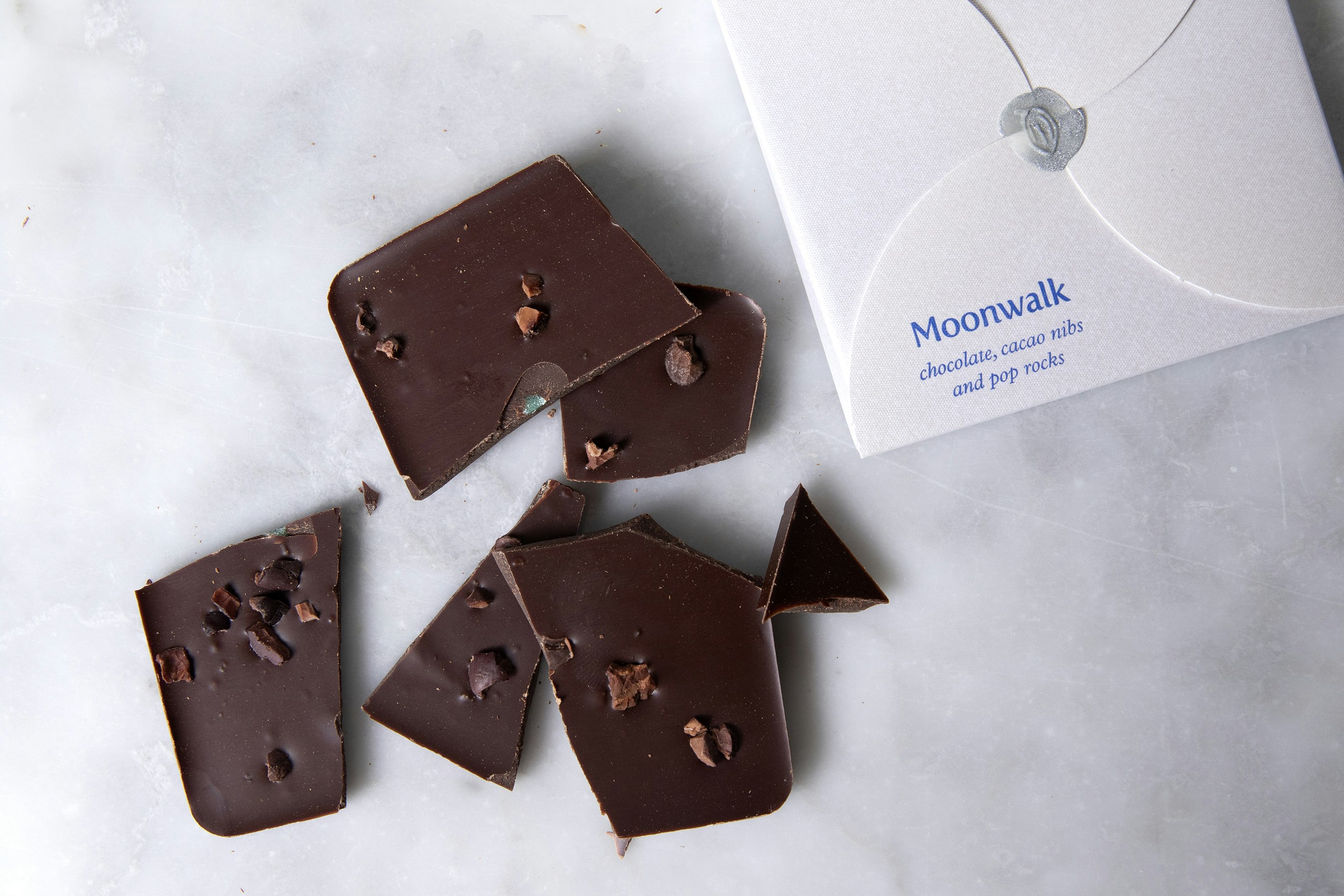A Conversation with Cloudforest
Makers, Mongers, & ExpertsAPR 25, 2023
To celebrate Hispanic Heritage Month, we sat down with Sebastian Cisneros, founder of Cloudforest, an Oregon-based operation that focuses on crafting flavorful creations from internationally-sourced chocolate. We spoke with Sebastian about Ecuador, ingredient sourcing, and the inspiration of Cloudforest.
In what ways did your heritage influence the traditions you grew up with? Especially as they pertained to familial gatherings and what you ate?
The fact of being born and raised in Ecuador by a very open and adventurous family allowed me to experience different ways of life, priorities, and appreciation for the cultural, social, and natural diversity that lived around me. I was lucky to be offered a wide array of regional foods since I was little, and I was taught to be unafraid of tasting new foods, especially if someone had made the effort of making it for you. My favorite was definitely chocolate.
Other than your family roots, what made you decide to make chocolate with cacao sourced from Ecuador?
I didn’t grow up in a cacao-producing or chocolate-making family. My interest in working mostly with cacao from Ecuador stems from nostalgia. It doesn’t hurt that Ecuadorian cacao is highly coveted due to its vivid floral and nutty flavor profile relative to other cacao growing regions.
What gave inspiration for the name Cloudforest?
The name Cloudforest originates from the term used for this connecting ecosystem between arid highlands and tropical lowlands. Growing up in the Andes, it was the gateway for me into a lush, biodiverse, magical natural world where cacao and vanilla are happy to grow.
Why is it important to you to preserve traditional recipes/foods?
Food is one of the most intimate yet changing elements I can think of. It is an element that can offer a great sense of identity. Food is essential and part of us since birth. Although our relationship with food is changing as is our identity, celebrating and preserving traditions is important because it gives people the opportunity to reconnect or learn something new about each other.
If you could improve the food industry in some way, how would you do it/how have you already done this?
Our food systems are too complex for me to answer. One idea is perhaps to create incentives for consumers to opt for foods from small-scale local producers. These incentives could come from direct financial aid, especially for people with fewer resources, to access locally produced goods. Other financial incentives should be created to dissuade small-scale food producers from using highly industrialized ingredients in their processes.
At Cloudforest we try to prioritize the human input in our production. It is indispensable for us to foster an equitative culture among the people involved in manufacturing and sourcing. This brings collective long-term benefit to our company. We pride in knowing that a significant amount of human touch exists behind our chocolates. Our products don’t rely on co-packers, we make all of our goods in-house with a small team of people, we self-distribute, and we maximize the use of non-commodified raw materials.
We hope that one day we can extend our operations to a cacao producing region and grow our team with people from the area.
Do you have a favorite traditionally Latino/Hispanic/Latin-adjacent food to make at home?
I like making Encocado, an Ecuadorian seafood stew made with a coconut base. It is often served with a side of rice, plantains and avocado.
What about to seek out here in our city?
I often suggest people to visit the farmer markets. Portland has so many amazing food establishments, some of my favourites are La Perlita, Maurice, Casa Zoraya. I personally like to escape to the scenic Oregon coast which is less than an hour away from the city.
Explore more
Share
